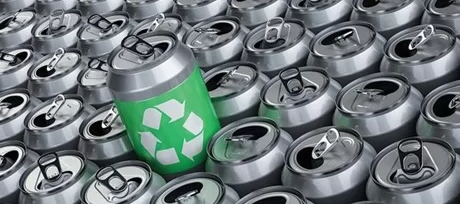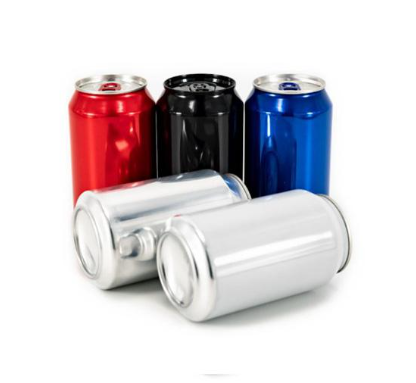Why aluminum cans are expensive?
Oct 10, 2023
In recent times, aluminum cans have become increasingly expensive, causing a significant impact on various industries that rely on their cost-effectiveness and convenience. In this blog post, we will explore the reasons behind the surging prices of aluminum cans, shedding light on the factors contributing to this trend.
Global Aluminum Demand:
One of the major factors affecting the cost of aluminum cans is the global demand for aluminum. As developing countries experience rapid industrialization and urbanization, the demand for aluminum products, including cans, has risen substantially. This increased demand puts pressure on the global supply chain and leads to higher prices.
Raw Material Costs:
Aluminum is derived from bauxite ore, and the extraction and refining processes involve energy-intensive operations. Fluctuations in energy prices directly impact the cost of aluminum production. Additionally, the increased demand for raw materials, including bauxite, alumina, and aluminum, may drive up their costs, further adding to the overall expenses associated with aluminum cans.
Transportation Costs:
Transportation is an essential component of the aluminum can supply chain. Rising fuel prices, coupled with increased shipping and logistics costs, can significantly impact the final price of aluminum cans. These expenses are typically passed on to the end consumers, contributing to the overall increase in can prices.
Trade Policies and Tariffs:
Trade policies and tariffs imposed by governments can also affect the cost of aluminum cans. Any changes in trade agreements or the imposition of tariffs on aluminum imports can disrupt the global supply chain. Such disruptions create uncertainties, leading to price fluctuations and potentially driving up the cost of aluminum cans.
Inflation and Currency Exchange Rates:
Inflation and currency exchange rates play a vital role in determining the cost of aluminum cans. When inflation rises, the overall cost of production, including labor, energy, and raw materials, increases as well. Moreover, fluctuations in exchange rates can impact the cost of imported raw materials or finished aluminum products, further influencing the prices of aluminum cans.
The increasing prices of aluminum cans can be attributed to a combination of factors, including global aluminum demand, raw material costs, transportation expenses, trade policies, and prevailing economic conditions such as inflation and currency exchange rates. As the market dynamics continue to evolve, understanding these factors will be crucial for businesses and consumers alike, enabling them to adapt to the changing prices and make informed decisions.
Though the current situation presents challenges, it also encourages innovation and the development of sustainable alternatives. These shifts can lead to improved recycling efforts, reduction in material consumption, and the exploration of alternative packaging options, ultimately contributing to a more sustainable and economically viable future.

